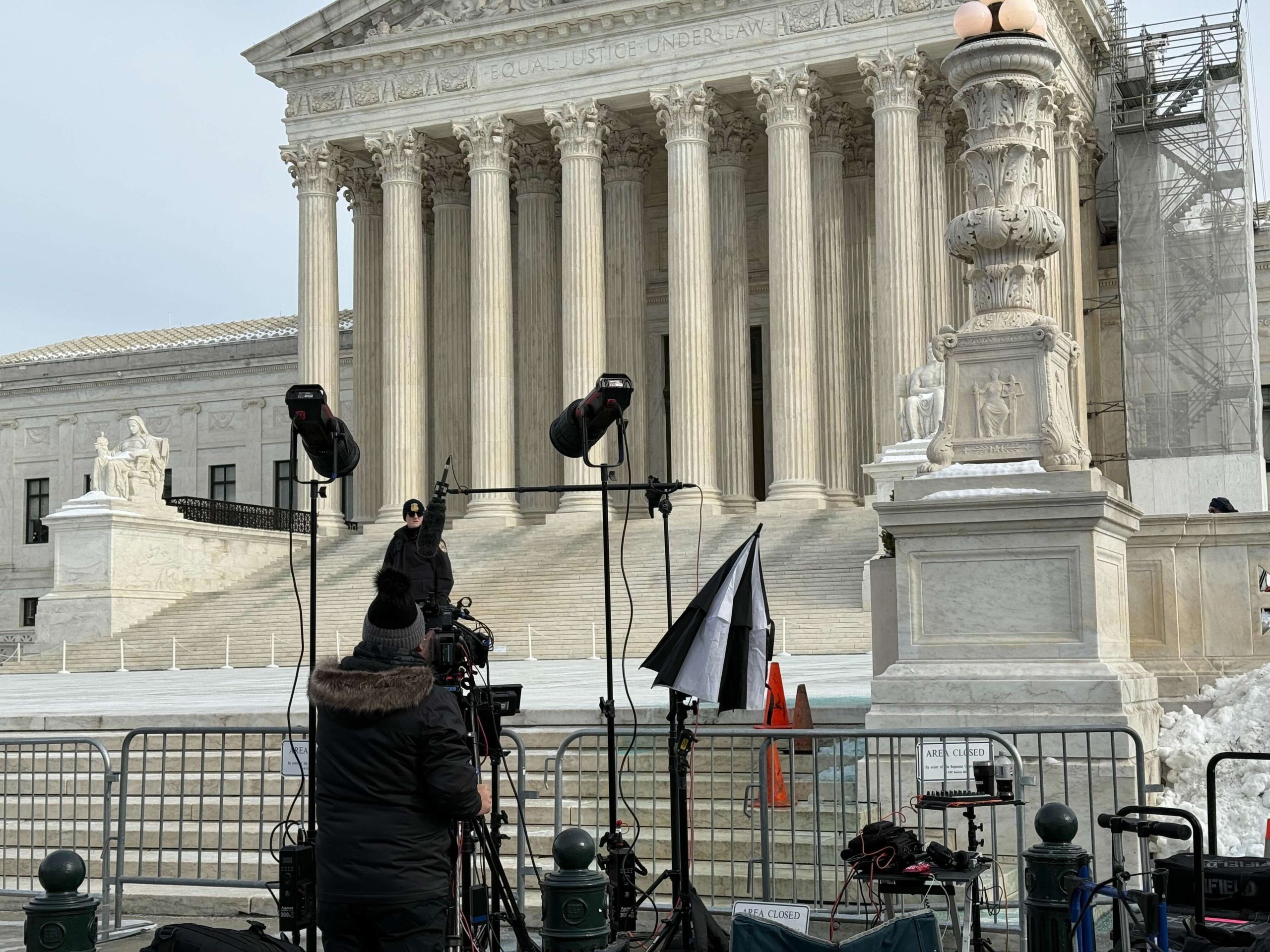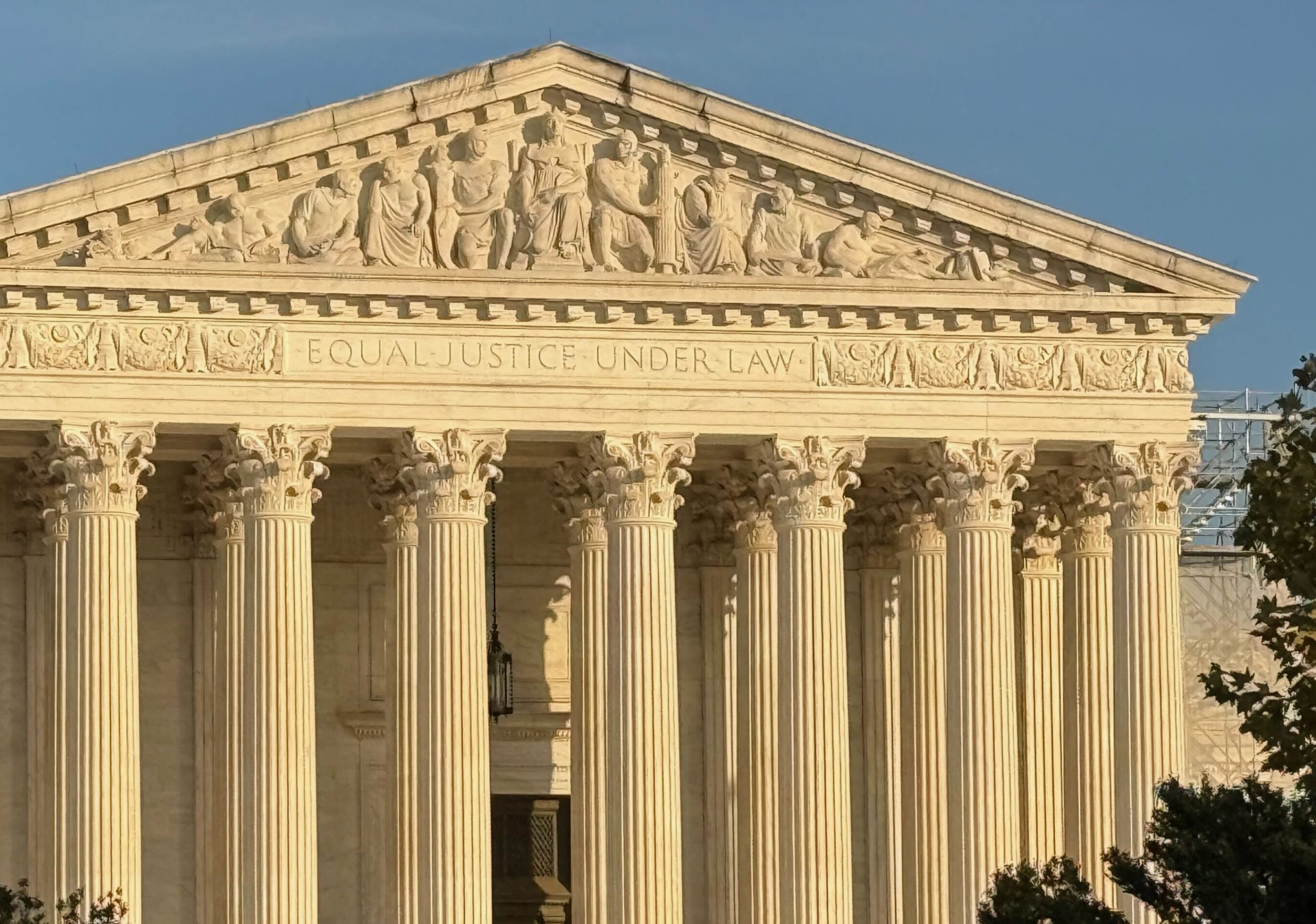Justices revive Texas man’s bid to throw out conviction that state prosecutors no longer defend
SCOTUS NEWS
on Jan 9, 2023
at 3:15 pm
The Supreme Court on Monday revived efforts by a Texas inmate to throw out his conviction and death sentence in a case in which prosecutors agree that he should get a new trial. The ruling in favor of Areli Escobar came on a list of orders released from the justices’ private conference last week. The justices did not grant any new cases, but they called for the Biden administration’s views in three cases and denied review in over 300 more.
Escobar is on death row in Texas for the 2009 sexual assault and murder of Bianca Maldonado Hernandez, who lived in the same apartment complex as Escobar. The prosecution’s case against Escobar relied heavily on DNA evidence, but the lab that tested the evidence was later permanently closed when serious and systemic problems were found there.
The state trial court that initially considered Escobar’s request for post-conviction relief concluded (among other things) that the lab’s analysis in his case was biased and unsupported by science, and that there were “multiple opportunities for contamination” of the evidence. Moreover, the court found, the state’s unfounded reliance on the DNA evidence affected the jury’s decision to find Escobar guilty of capital murder.
Prosecutors eventually agreed with Escobar that he should get a new trial because the use of false DNA evidence against him violated his constitutional right to due process. But under Texas law, the state trial court could only recommend that Escobar receive a new trial. The Texas Court of Criminal Appeals – the state’s highest court for criminal cases – rejected the trial court’s recommendation, concluding that Escobar had not shown that the false DNA evidence had actually affected the jury’s decision.
Escobar came to the Supreme Court last summer, asking the justices to review the TCCA’s decision. Travis County District Attorney José Garza supported that request, noting that the state had “informed the jury that its DNA evidence was validly and reliably tested and interpreted, which was inaccurate and misleading.” After considering the case at seven consecutive conferences, the court on Monday vacated the TCCA’s decision and sent the case back to the state courts for another look in light of the state’s concessions.
Calls for the views of the solicitor general
The justices called for the federal government’s views in three cases. In Muldrow v. St. Louis, the Biden administration will weigh in on whether Title VII of the Civil Rights Act of 1964, which bars employment discrimination, applies to a discriminatory job transfer that does not impose a “materially significant disadvantage” on employees.
Davis v. Legal Services Alabama presents a separate question involving Title VII: whether it and other federal civil rights laws ban discrimination as to all “terms,” “conditions,” and “privileges” of employment, or whether those laws only apply to “significant” discriminatory actions by employers.
The third case, Charter Day School v. Peltier, arises from a challenge to a North Carolina charter school’s school-uniform policy, which allows boys to wear pants or shorts but requires girls to wear jumpers, skirts, or skorts. Parents and students at the school went to federal court, where they argued that the policy is unconstitutional, but the question on which the Biden administration will weigh in is whether the school’s decision to implement the policy qualifies as a “state action” that the parents and students can challenge under federal civil rights laws.
There is no deadline for the federal government to file its briefs.
The justices will meet again for another conference on Friday.
This article was originally published at Howe on the Court.






